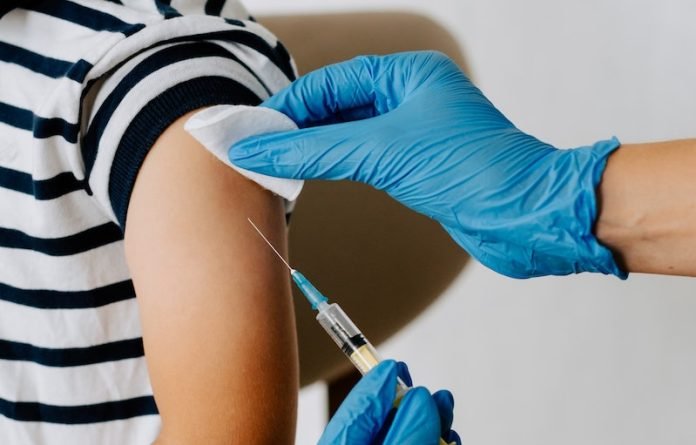
In a study from Hadassah Ein Karem Medical Center, scientists found the risk of developing myocarditis – an inflammation of the heart muscle – following a booster dose of the Pfizer COVID-19 vaccine is low.
When vaccine-related myocarditis does occur, cases are typically mild. It found the risk was highest among teen boys and young men.
Myocarditis is an inflammation of the middle layer of the wall of the heart muscle, called the myocardium.
It can be triggered by a viral infection and can weaken the heart muscle and the heart’s electrical system, which makes it harder for the heart to beat normally.
The condition can resolve on its own or with treatment, but also can cause lasting damage to the heart.
Previous research has shown a potential increased risk of myocarditis following an mRNA COVID-19 vaccine.
But because the risk was highest among young men and teen boys who had a second dose of the vaccine, researchers were concerned about the potential effect of a third dose, the booster dose.
In the current study, researchers analyzed health data for people who developed myocarditis following a third dose of the Pfizer vaccine, which was given to nearly 4 million Israeli adults between July 31 and Nov. 5, 2021.
Within the first 30 days of receiving the booster, there were 35 reported cases of myocarditis. An additional 56 cases were reported after 30 days.
Of those, 28 cases were confirmed or considered probable, and 18 of those occurred within a week of the booster being given.
All 28 cases were considered mild. Patients recovered after spending an average of three to four days in the hospital.
Across all ages, the risk of developing vaccine-related myocarditis was nine times higher for men than women. Males ages 16-19 faced the highest risk, with young men ages 20-24 having the second-highest risk.
The risk of developing myocarditis among males ages 16-19 after a third dose was about 1 in 15,000. Other research shows COVID-19 infection poses a higher risk for myocarditis than vaccines.
The risk of developing myocarditis was lower following a booster than following a second dose of the vaccine.
The team suggests two possible reasons for this. As a medical precaution, people who developed myocarditis after the second COVID-19 vaccine dose did not receive a third dose.
Also, timing may be a factor. The first and second doses are administered approximately three weeks apart, but the time between a second dose and a booster was about 20 to 24 weeks.
Researchers don’t know why young men and teenage boys are at higher risk for myocarditis from a COVID-19 vaccine and believe further research is needed.
If you care about COVID, please read studies about six common COVID myths busted, and COVID-19 vaccination more effective than natural immunity.
For more information about COVID, please see recent studies that some blood types could cause severe COVID-19, and results showing very strong brain abnormalities post-COVID.
The study was conducted by Dr. Dror Mevorach et al and published in the journal Circulation.
Copyright © 2022 Knowridge Science Report. All rights reserved.



